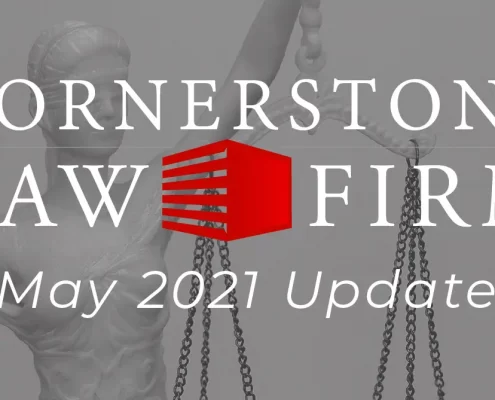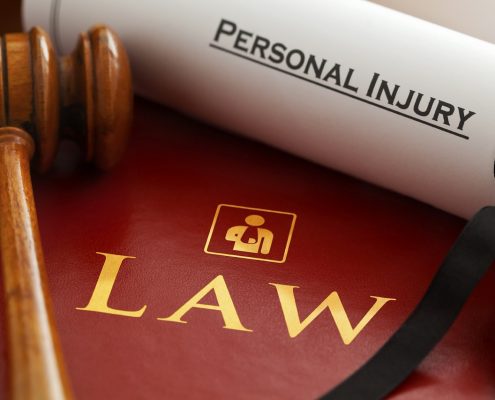
Eminent Domain: Theirs for the Taking?
Business Law, Civil Law, Construction, PropertyWe might be cheering when traffic circles are installed to curb accident occurrences or when roads are widened to accommodate an increase in traffic. Over time, country fields can give way to schools and public parks as a result of growing populations.…

Contract Basics: The Pen Actually Can Be Very Mighty
Business Law, Civil Law, ContractsYou would be hard-pressed to find an adult in the United States who never has signed a contract. You rent an apartment; you sign a contract. You enroll your children in daycare; you sign a contract. You borrow money for school; you sign a contract.…

My Student’s Discipline at School Was Excessive – What Should I Do?
Civil Law, First Amendment, Religious FreedomIf your child is a K-12 student and has received discipline that you think is excessive, what options do you have? Can you sue the school or do anything to demand a lesser punishment? The answers to these questions depend on a few factors, but…

Changing your name in Pennsylvania
Civil LawUnder Pennsylvania law, you are free to request a change of your legal name to one of your choosing. You may petition the Court to permit a change to your first, middle or last name, or all of them. The process involves two major steps, but…

May 2021 Update
Berks County, Civil Law, Contracts, Litigation, Personal Injury, Property, UpdatesMay 2021 has been filled with trials and advanced litigation for the attorneys of Cornerstone Law Firm. On the civil side, attorney Joel Ready spent time litigating a partnership dispute in Lehigh County court, giving advice to several businesses…

Four steps to take when you’re served with a false Protection from Abuse Order
Berks County, Civil Law, Custody, DivorceProtection from Abuse Orders, or PFAs, are the mechanism that Pennsylvania uses to protect someone claiming to be the victim of domestic violence. Some states refer to this as a “restraining order,” but in Pennsylvania, the concept is strictly…

Civil Forfeiture Can Lead to Injustice
Berks County, Civil LawA recent article in WITF, a central Pennsylvania news organization, addressed a growing issue in Pennsylvania - asset forfeiture abuse.
Cornerstone Law Firm Attorney Joel Ready was interviewed in the WITF article:
Berks County defense lawyer…

Statute of Limitations
Civil Law, Contracts, Personal InjuryA statute of limitations is the limit on how long after an injury occurs in which the injured victim may bring suit. In other words, the statute of limitations is the amount of time that you have to sue someone after they’ve hurt you. Once…

I lost at the Magisterial District Court! What’s Next?
Civil LawIf you’ve lost a civil case at the Magisterial District Court, you still have options. But, you need to act quickly. After most civil cases at the Magisterial District Court, you have 30 days to appeal the decision of the Magisterial District…

October 2018 Recap
Civil LawThe month of October has been productive at Cornerstone Law Firm. Attorney Crossett successfully settled two car accident cases for clients, helping them to receive financial compensation for their pain and suffering. David also attended several…
